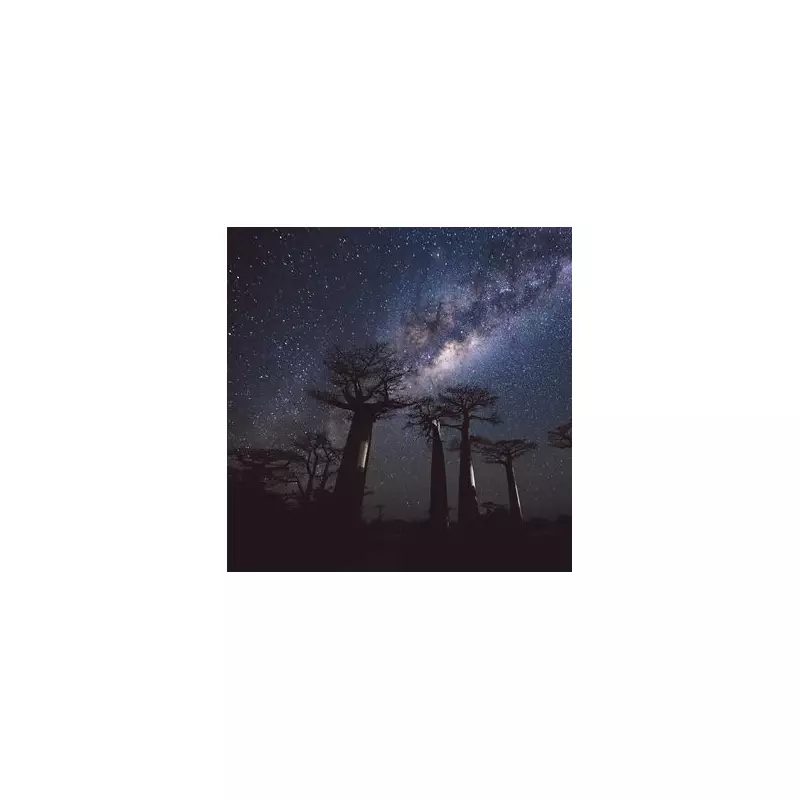
Often described as the 'eighth continent', Madagascar stands as one of Earth's most remarkable destinations, offering British travellers an unparalleled natural experience unlike anywhere else on the planet.
A World Apart: Madagascar's Extraordinary Isolation
This African island has been geologically separated from other land masses for approximately 88 million years, creating an evolutionary laboratory that has produced some of the world's most unique flora and fauna. Scientists estimate that an astonishing 90% of Madagascar's plants and animals exist nowhere else on Earth, making it a true biodiversity hotspot.
The island's incredible variety stems from its ancient history as part of the supercontinent Gondwana. After breaking away from India millions of years ago, Madagascar's ecosystems evolved in complete isolation, with very few species arriving or departing over millennia.
Madagascar's Wildlife Wonders
Madagascar serves as the exclusive natural home to nearly 100 species of lemur, ranging from tiny palm-sized mouse lemurs to the nearly metre-tall indri. These primates evolved from ancient ancestors that likely reached the island by rafting across the sea on vegetation.
The island's reptile population is equally impressive, hosting about two-thirds of the world's chameleon species. From the massive Parson's chameleon to tiny leaf chameleons small enough to balance on a fingernail, these colour-changing creatures thrive in Madagascar's diverse habitats.
Other unique inhabitants include the fossa, a cat-like carnivore that serves as Madagascar's top land predator, along with tenrecs that resemble hedgehogs and an extraordinary variety of frogs found exclusively on the island.
Botanical Marvels and Coastal Beauty
Madagascar's plant life showcases similar uniqueness, with six of the world's nine baobab tree species growing exclusively here. Some of these ancient trees have lived for over a thousand years, creating otherworldly landscapes like the famous Avenue of the Baobabs near Morondava.
The island boasts Africa's longest coastline, stretching an impressive 3,000 miles and offering an abundance of pristine beaches. From Île Sainte-Marie, renowned for whale watching, to the stunning Andilana Beach on Nosy Be, visitors can explore crystal-clear waters and remote coastal scenery.
Travel experts at Sundowner Holidays recommend visiting multiple regions to fully appreciate Madagascar's diversity, suggesting that package tours provide the most practical way to navigate this extraordinary destination.
For British travellers, reaching Madagascar requires planning, as there are no direct flights from the UK. Most visitors connect through cities like Paris or Johannesburg with airlines including Air France, Kenya Airways and Ethiopian Air, typically arriving at Ivato International Airport in Antananarivo.





